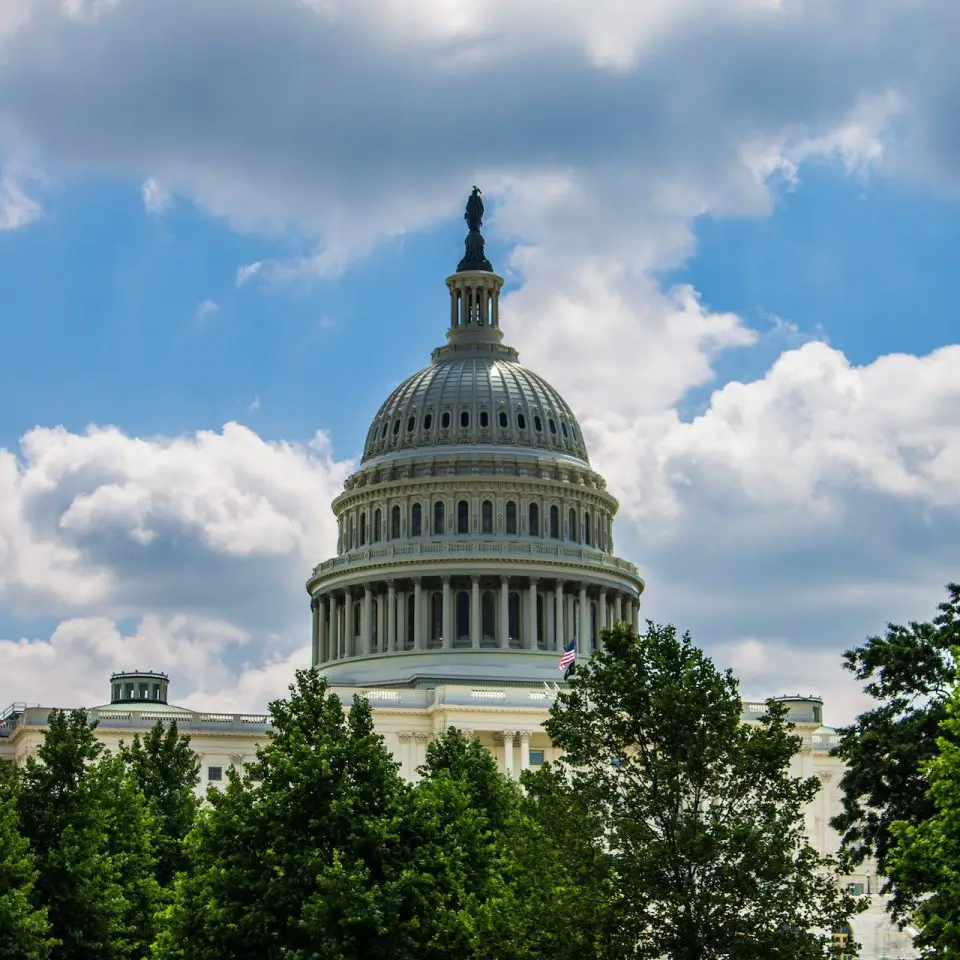In a significant move with far-reaching implications, President Biden unveiled his administration’s plan on Wednesday to prohibit American citizens from doing investment in select Chinese companies. This announcement has triggered a swift response from lawmakers on Capitol Hill, with representatives from both sides of the aisle vowing to escalate measures against Chinese investments in the coming months. The White House clarified that the intended regulations would be narrowly focused on technologies associated with military applications, with a concerted effort to minimize broader economic repercussions.
China reacted vehemently to President Biden’s announcement, further fueling the escalating tensions between the two nations. The Foreign Ministry in Beijing issued a demand for the immediate reversal of what they termed the “erroneous decision” made by Washington. This incendiary response highlights the delicate nature of the ongoing diplomatic relations between the United States and China, which have been marred by trade disputes and strategic disagreements.
Even before the ink had dried on President Biden’s executive order to restrict American investment in Chinese companies, bipartisan efforts to tighten the noose around Chinese investments gained momentum within the hallowed halls of Congress. Senators Bob Casey (D-Penn.) and John Cornyn (R-Tex.) joined forces, co-authoring a comprehensive amendment that has swiftly become part of ongoing negotiations concerning the nation’s annual defense authorization bill. The proposed amendment entails a requirement for mandatory notification to the Treasury Department for any new investments, expanded scrutiny across multiple sectors, and the enforcement of these mandates through legislation.
The Senate has already demonstrated its support for these measures by endorsing the amendment, incorporating it into this year’s defense bill proposal. Majority Leader Chuck Schumer lauded President Biden’s executive order as a “strategic first step” and pledged to steer the subsequent measures through the legislative process. He emphasized the intention to codify these measures into law and refine what he deemed a “critical national security tool.”
As the political discourse unfolds, a more contentious proposition has emerged on Capitol Hill. Representative Michael McCaul (R-Tex.), the chairman of the House Foreign Relations Committee, labeled President Biden’s executive order a mere half-measure. McCaul and others are advocating for an assessment of existing U.S investments in China across a spectrum of industries. However, this proposition has invited scrutiny due to the intricate complexities involved in unwinding such investments, potentially leading to significant disruptions in multiple sectors of the economy.
Amid these policy deliberations, the repercussions on the economic front are becoming increasingly evident. Venture capital investors, in particular, are signaling concerns about the impending restrictions on Chinese investments. While tensions between the U.S. and China have already dampened venture capital flows between the two nations, a recent analysis by Pitchbook revealed that U.S. investors have contributed nearly $200 billion to deals in China over the past six years alone. This underscores the policy conundrum that the U.S. government faces as it seeks to impose limitations on Chinese investments while navigating potential economic ramifications.
As lawmakers on both sides of the aisle remain resolute in their efforts to curb Chinese investments, the precise contours of the forthcoming restrictions and their potential economic impact remain uncertain. With a multitude of proposals circulating, the ongoing negotiations promise a nuanced and spirited dialogue. As the United States endeavors to recalibrate its economic ties with China while safeguarding national security interests, the policy landscape is poised for further evolution in the weeks and months ahead.
Source: Yahoo Finance

